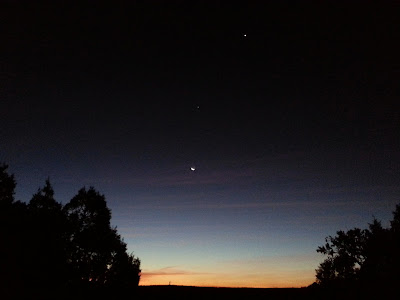Bang, Bang
Bang, Bang Guns. It's time we talked about them without walking around as if we're stepping on glass. Rather than being a taboo subject, the reality is that guns are everywhere; and here in the U.S., everywhere means virtually every single home (as of the latest count, estimated gun ownership was enough for roughly one gun in every home). As of a few years ago, the number of people being killed every day due to guns (8 of them children) was averaging 360...and obtaining a gun in the U.S. is as easy as attending a gun show (a regular event in the U.S.) or answering an ad; in many cases, there's no need for a name or an address, just hand over the cash and get your gun...or rifle...or assault weapon. Registering your weapon? In the U.S., there are indeed some background checks due to such laws as the Brady Law but they are very limited*, and once again, efforts to expand their influence have been defeated by Congress (no new gun laws since 2008), despite all of th
